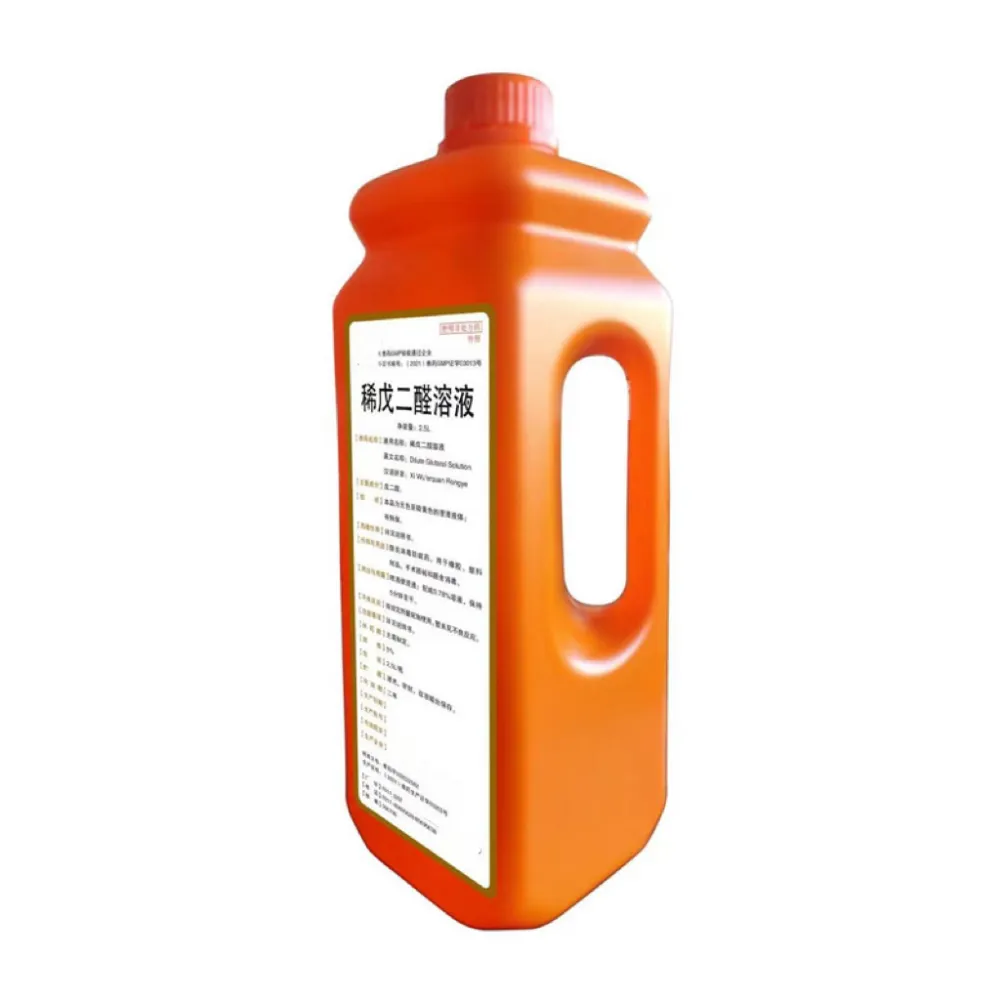- Afrikaans
- Albanian
- Amharic
- Arabic
- Armenian
- Azerbaijani
- Basque
- Belarusian
- Bengali
- Bosnian
- Bulgarian
- Catalan
- Cebuano
- Corsican
- Croatian
- Czech
- Danish
- Dutch
- English
- Esperanto
- Estonian
- Finnish
- French
- Frisian
- Galician
- Georgian
- German
- Greek
- Gujarati
- Haitian Creole
- hausa
- hawaiian
- Hebrew
- Hindi
- Miao
- Hungarian
- Icelandic
- igbo
- Indonesian
- irish
- Italian
- Japanese
- Javanese
- Kannada
- kazakh
- Khmer
- Rwandese
- Korean
- Kurdish
- Kyrgyz
- Lao
- Latin
- Latvian
- Lithuanian
- Luxembourgish
- Macedonian
- Malgashi
- Malay
- Malayalam
- Maltese
- Maori
- Marathi
- Mongolian
- Myanmar
- Nepali
- Norwegian
- Norwegian
- Occitan
- Pashto
- Persian
- Polish
- Portuguese
- Punjabi
- Romanian
- Russian
- Samoan
- Scottish Gaelic
- Serbian
- Sesotho
- Shona
- Sindhi
- Sinhala
- Slovak
- Slovenian
- Somali
- Spanish
- Sundanese
- Swahili
- Swedish
- Tagalog
- Tajik
- Tamil
- Tatar
- Telugu
- Thai
- Turkish
- Turkmen
- Ukrainian
- Urdu
- Uighur
- Uzbek
- Vietnamese
- Welsh
- Bantu
- Yiddish
- Yoruba
- Zulu
Дек . 17, 2024 03:42 Back to list
sheep deworming medicine
Understanding Sheep Deworming Medicine
Sheep farming is an integral part of the agricultural sector worldwide, providing essential products such as wool, meat, and milk. To maintain a healthy and productive flock, farmers must address various challenges, one of the most significant being parasitic infections. Worms and other parasites can lead to severe health issues, impacting the growth and productivity of sheep. Consequently, an effective deworming strategy becomes vital, relying heavily on the proper use of sheep deworming medicine.
The Importance of Deworming
Internal parasitism is a common issue in sheep, primarily caused by gastrointestinal nematodes, which include species like Haemonchus contortus (the barber's pole worm) and Teladorsagia circumcincta. These parasites thrive in various environmental conditions and can multiply rapidly, causing considerable harm to sheep. Infected animals may display symptoms such as weight loss, anemia, diarrhea, and in severe cases, death.
Deworming is a preventive and therapeutic measure against these parasites. Regular administration of deworming medicines helps maintain the health of the flock, ensuring that sheep grow robustly and produce milk and wool at optimal levels. Furthermore, it plays a crucial role in improving the overall economic viability of sheep farming.
Types of Deworming Medicines
Sheep deworming medicines can be categorized into several classes based on their active ingredients. The most commonly used classes include
1. Benzimidazoles (e.g., Fenbendazole, Albendazole) These medicines work by interfering with the parasites’ ability to metabolize carbohydrates, eventually leading to death. They are effective against a wide range of nematodes and are known for being safe and cost-effective.
sheep deworming medicine

2. Macrocyclic Lactones (e.g., Ivermectin, Moxidectin) Macrocyclic lactones are broad-spectrum dewormers that target both external and internal parasites. They function by disrupting the neurotransmission in parasites, leading to paralysis and death. These drugs are highly effective but may have restrictions in certain markets due to potential residues in meat and milk.
3. Imidazothiazoles (e.g., Levamisole) This class of medications acts as a muscle stimulant and is particularly effective against certain nematodes. However, care must be taken as some parasites may develop resistance to this drug over time.
4. Tetrahydropyrimidines (e.g., Pyrantel) Tetrahydropyrimidines are another effective option for sheep deworming, primarily active against ascarids and some other nematodes. They work by causing paralysis in the worms, which allows them to be expelled from the sheep's body.
Resistance Issues
One of the most prominent concerns in sheep deworming is the development of resistance among parasite populations. Over-reliance on specific dewormers can lead to the survival of resistant worms, resulting in treatment failures. To combat this issue, farmers are encouraged to implement integrated parasite management strategies. This includes
- Rotating Dewormers Using a combination of different classes of dewormers can reduce the likelihood of resistance developing. - Monitoring Flock Health Regularly checking fecal egg counts helps determine the necessity of deworming and the effectiveness of treatments. - Maintaining Pasture Health Good pasture management can reduce the level of parasite larvae in the environment, thereby lowering the overall infection rate.
Conclusion
Effective deworming is essential for maintaining sheep health and productivity. With various types of deworming medicines available, sheep farmers can tailor their approaches to meet the unique needs of their flocks. However, vigilance in monitoring resistance and employing sustainable management practices is crucial for long-term success. By prioritizing the health of sheep through the strategic use of deworming medicines, farmers can ensure the viability of their operations and contribute positively to the agricultural economy.
-
Guide to Oxytetracycline Injection
NewsMar.27,2025
-
Guide to Colistin Sulphate
NewsMar.27,2025
-
Gentamicin Sulfate: Uses, Price, And Key Information
NewsMar.27,2025
-
Enrofloxacin Injection: Uses, Price, And Supplier Information
NewsMar.27,2025
-
Dexamethasone Sodium Phosphate Injection: Uses, Price, And Key Information
NewsMar.27,2025
-
Albendazole Tablet: Uses, Dosage, Cost, And Key Information
NewsMar.27,2025













